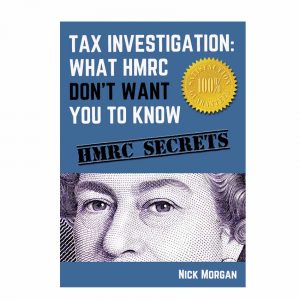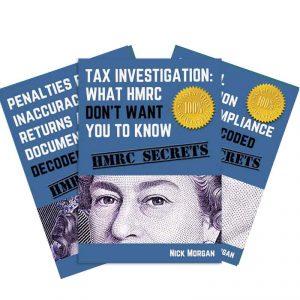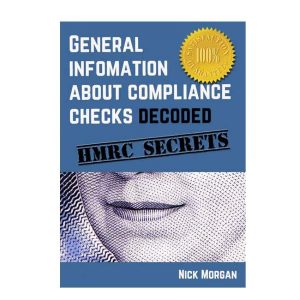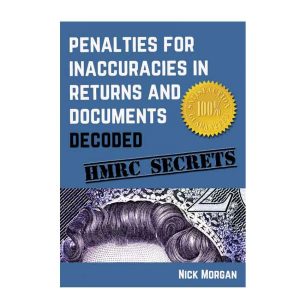Compliance Checks: How Much Should I Help HMRC?
General Information About Compliance Checks is a five page HMRC ‘factsheet’ which is issued at the start of what is called a “check” but is – in reality – an investigation. Here we look at the “The benefits of helping us with a check” paragraph and explain its significance.
HMRC says:
Helping us with our check can have benefits for you. It will allow us to complete the check as quickly as possible and reduce any inconvenience that it may cause you.
We may not find anything wrong. But if there is something wrong, helping us with our check will also reduce the amount of any penalty we may charge.
If we do find something wrong we will work with you to put it right. We will also tell you about any additional tax and ‘late payment’ interest that is due, and about any penalty that may be due.
You can reduce the amount of any penalty by giving us assistance throughout our check. We call this assistance the ‘quality of disclosure’. We measure this
by considering:
• how much you tell us about what is wrong
• how much help you give us to work out what is wrong
• how much access you give us to your records.
If we ask you for information or documents and you do not provide these when we ask for them, this may affect the amount by which we reduce any penalty.
Here’s what it means to you:
Of course you SHOULD NOT give documents to HMRC that are not entitled to and you SHOULD NOT let them in your work premises if you are unprepared either.
Having said this there is an argument for give and take – providing it’s done well and there is compromise from both sides.
To understand this you have to know a bit about the history of HMRC: traditionally small and medium sized tax investigations would drag on for years – sometimes costing more in admin than was clawed back in the final settlement.
Today there is growing pressure on HMRC to deal with investigations in a more professional fashion.
HMRC says, “We will be more open with you – like telling your why you are being investigated and what evidence we have – if (in return) you are more open with us, get us documents quickly and let us know if there has been wrongdoing so we can sort it out quickly.”
This is known as the “collaborative approach” and it’s still relatively new. Being collaborative does not mean doing whatever HMRC might propose in an enquiry. Kevin Elliott at KPNG says, “Collaborative working entails a bilateral approach and could therefore be described as having joint ownership of the process.”
What you need to know now is if the person investigating you is going to take a this more common sense and pragmatic approach of if they are planning to be more old school and squeeze you until the pips pop out – regardless of the facts.









